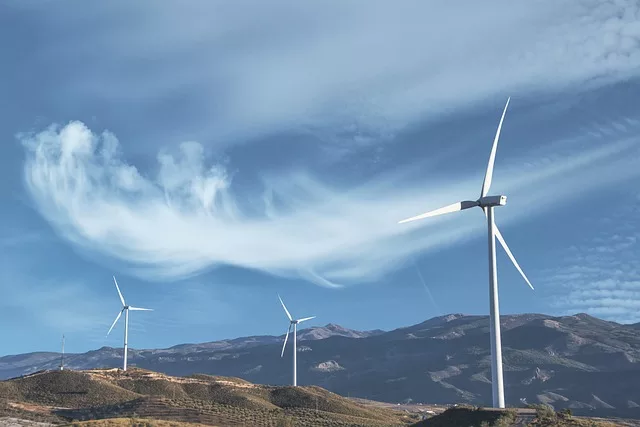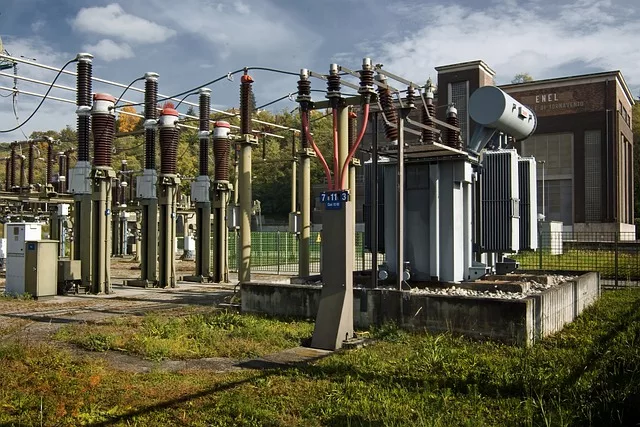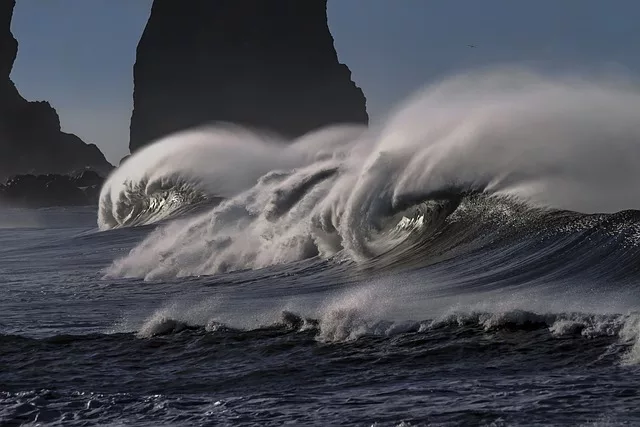Ecowave Power is a form of ocean energy that harnesses the power of ocean waves to generate electricity. This technology utilizes the energy from the rise and fall of ocean waves to drive a generator, which produces electricity.
What is wave energy
Wave energy is a relatively new form of renewable energy, but it has the potential to be a significant source of power in the future. Unlike solar and wind power, which are dependent on weather conditions, wave energy is more consistent and predictable. The ocean is a vast and powerful resource, and harnessing its energy has the potential to make a significant impact on reducing our dependence on fossil fuels.
Types of wave energy systems
There are several different types of wave energy systems, including point:-
absorbers
Point absorbers are the most common type of wave energy system, and they work by floating on the surface of the water and capturing the energy from the up-and-down motion of the wavesl[
attenuators
Attenuators are similar to point absorbers, but they are longer and are designed to capture energy from the side-to-side motion of the waves.
terminators
Terminators are anchored to the seabed and capture energy from the front-to-back motion of the waves.
Advantages of wave energy
- One of the main advantages of wave energy is its predictability. Unlike solar and wind power, which can be affected by weather conditions, wave energy is more consistent and predictable. This makes it easier to plan and design wave energy systems, and it also makes it easier to integrate wave energy into the existing power grid.
- Another advantage of wave energy is its low environmental impact. Unlike fossil fuels, which release greenhouse gases into the atmosphere, wave energy is a clean and renewable form of energy. Wave energy systems do not produce any air or water pollution, and they do not contribute to climate change.
- Despite the potential benefits of wave energy, there are also some challenges associated with it. One of the main challenges is the cost of wave energy systems. Wave energy systems are currently more expensive than other forms of renewable energy, such as solar and wind power. This means that wave energy is not yet cost-competitive with fossil fuels. Also read; ICDramas: Popular Streaming App Guide
Wave energy challenges
- Another challenge is the harsh and corrosive marine environment.
- Wave energy systems must be able to withstand the forces of the ocean, including the waves, currents, and storms. This can be difficult and expensive, and
- it also requires ongoing maintenance.
Despite these challenges, wave energy is an exciting new form of renewable energy with a lot of potentials. With continued research and development, it is likely that the cost of wave energy systems will decrease, and that wave energy will become an increasingly important source of power in the future.
Conclusion
In conclusion, Eco wave Power is a promising form of ocean energy that harnesses the power of ocean waves to generate electricity. This technology utilizes the energy from the rise and fall of ocean waves to drive a generator, which produces electricity. The ocean is a vast and powerful resource and harnessing its energy has the potential to make a significant impact on reducing our dependence on fossil fuels. However, wave energy systems are currently more expensive than other forms of renewable energy, such as solar and wind power, and there are other challenges to overcome. With continued research and development, it is likely that the cost of wave energy systems will decrease, and wave energy will become an increasingly important source of power in the future.
questions and answers on ‘ecowave power’
Q: What is Ecowave Power?
A: Eco wave Power is a form of ocean energy that harnesses the power of ocean waves to generate electricity. This technology utilizes the energy from the rise and fall of ocean waves to drive a generator, which produces electricity.
Q: How does Ecowave Power work?
A: Eco wave Power systems utilize the energy from the up-and-down, side-to-side, and front-to-back motion of ocean waves to drive a generator and produce electricity. The most common type of wave energy system is point absorbers, which float on the surface of the water and capture the energy from the up-and-down motion of the waves.
Q: What are the advantages of Ecowave Power?
A: Ecowave Power has several advantages, including its predictability, consistency, and low environmental impact. Wave energy is more consistent and predictable than solar and wind power, which means it’s easier to plan and design wave energy systems. Also, wave energy systems do not produce any air or water pollution, and they do not contribute to climate change.
Q: What are the challenges of Ecowave Power?
A: The main challenges of Ecowave Power include the cost of wave energy systems and the harsh and corrosive marine environment. Wave energy systems are currently more expensive than other forms of renewable energy, such as solar and wind power. This means that wave energy is not yet cost-competitive with fossil fuels. Also, wave energy systems must be able to withstand the forces of the ocean, including the waves, currents, and storms, which can be difficult and expensive, and also require ongoing maintenance.
Q: What is the future of Ecowave Power?
A: The future of Ecowave Power is promising. With continued research and development, it is likely that the cost of wave energy systems will decrease, and that wave energy will become an increasingly important source of power in the future. As wave energy is more consistent and predictable than other forms of renewable energy and has a low environmental impact, it is expected to play a significant role in reducing our dependence on fossil fuels in the future.
Also read: Fiddle Vs Violin Vs Viola – Which Is Right For You?




